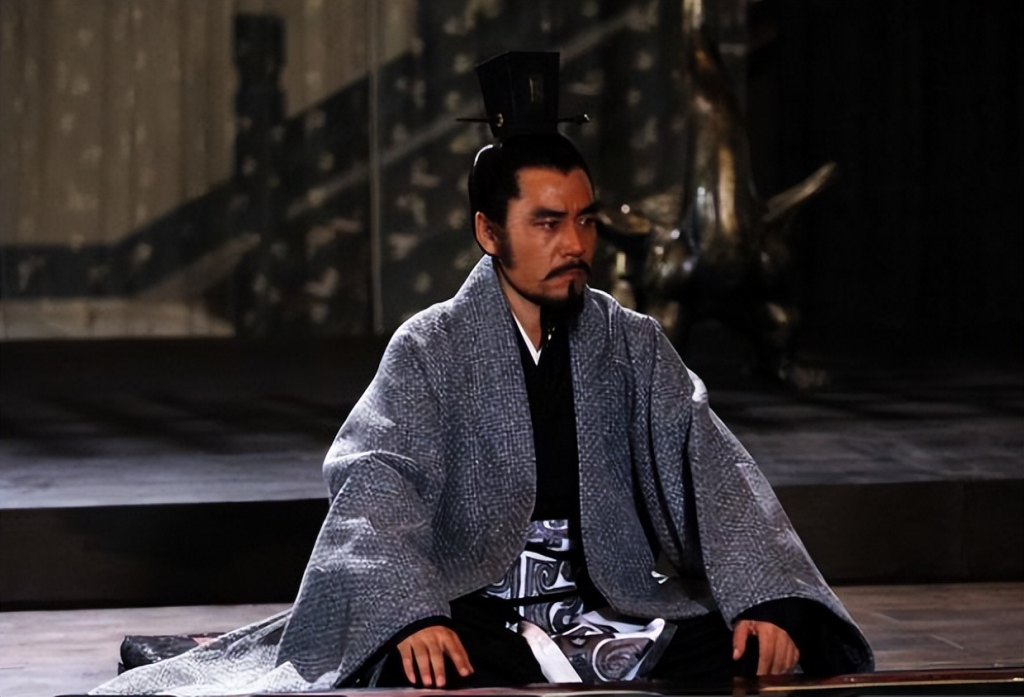Revenge might be sweet, but the way you go about it can leave a far more powerful impact. In the world of ancient Chinese history, the tale of Goujian, the King of Yue, and Fu Chai, the King of Wu, offers an intriguing lesson in patience, strategy, and the art of subtle retaliation. Despite being utterly defeated by Fu Chai, Goujian’s brilliant use of wit and cunning eventually led him to not only reclaim his throne but also destroy the very kingdom that had once conquered him. This story isn’t just about revenge—it’s about doing it right.

1. The Power of Patience: Winning With Softness
When Fu Chai’s forces defeated Goujian and besieged him in Mount Kuaiji, the Yue king found himself in a dire situation. In a moment of despair, Goujian lamented, “For thirty years, my family has never faced such a defeat.” His impulse might have been to resist fiercely, but instead, he chose a different route, guided by the wisdom of his advisors, Fan Li and Wen Zhong.
They suggested a strategy: win over the enemy by softening Fu Chai’s heart. Goujian took this advice to heart. He sent lavish gifts to Fu Chai’s favorite ministers, including beauties and treasures. He even humbled himself, personally serving Fu Chai by helping care for his horses and providing medical assistance. Over time, Fu Chai, moved by Goujian’s persistence and humility, allowed him to return to Yue.
This strategy is captured beautifully in a quote from the Zuo Zhuan: “I hear that loyalty and virtue can diminish resentment, but the use of power only breeds it.” In other words, instead of fighting fire with fire, Goujian used kindness and loyalty to reduce Fu Chai’s suspicion and create an opening for future actions. This method of “gentle confrontation” shows how appearing to surrender can sometimes be the best way to regroup and strike back later.
2. Strike When the Iron is Hot: Seizing the Moment
Upon returning to Yue, Goujian was not idle. He sent constant gifts to Fu Chai to maintain his goodwill, but more importantly, he began rebuilding Yue’s strength. It wasn’t long before an opportunity arose. The state of Qi invaded the state of Lu, and Fu Chai, eager to extend his reach into the Central Plains, mobilized his army to assist. Goujian saw this as his moment to strike.
In a brilliant move, he quickly dispatched an army to align with Fu Chai, convincing him to depart for the Central Plains. As soon as Fu Chai left, Goujian’s forces attacked Wu’s capital, and by the time Fu Chai returned, it was too late to reverse the damage. This is encapsulated by the saying “speed in war is key”—once the opponent hesitates, it’s often too late. Goujian’s ability to seize this fleeting opportunity with quick action was a game-changer.
This aspect of Goujian’s revenge teaches us that hesitation in the face of opportunity can be dangerous. In modern life, we often face situations that require swift decisions. Waiting for the “perfect moment” can sometimes cause us to miss the chance altogether.
3. The Ruthless Elimination of Threats: Leaving No Room for Regret
Once victorious, Goujian followed the advice of Wu Zixu, one of his own generals, who warned Fu Chai, “The best way to deal with a threat is to eradicate it completely.” Unfortunately for Fu Chai, he failed to heed this advice, and Goujian, with no mercy, removed any remaining threats to his reign. He not only eliminated the court ministers who had helped him in the past, including the influential Wu minister, Bo Pi, but also removed those who had supported his initial rise to power.
This moment of brutality reflects the age-old adage: “If you leave the roots intact, the tree will grow again.” Goujian understood that true security could only come when there were no remnants of his enemy left to rise again. This idea has been mirrored in many cultures and eras, where the resolution of a conflict requires complete closure to avoid future repercussions.
4. Revenge is Not Always the Answer, but Wisdom is Key
While Goujian’s ruthless approach may seem harsh, it’s important to note that his story isn’t a blanket endorsement of revenge. Rather, it illustrates the importance of timing, patience, and the need for complete resolution when dealing with dangerous rivals.
In today’s world, we’re no longer engaged in battles for territory, but the principles of Goujian’s story can still apply to our personal and professional lives. It’s about knowing when to retreat, when to act decisively, and, most importantly, when to eliminate threats once and for all. In some cases, this might involve turning an adversary into an ally rather than resorting to violence. The idea of “turning enemies into friends” has practical applications in diplomacy, business, and personal relationships.
Conclusion: A Legacy of Wit and Wisdom
Goujian’s triumph over Fu Chai teaches us that the true strength lies not in raw power but in the ability to endure, strategize, and act decisively when the time is right. It’s a story of how patience, quick action, and the complete elimination of threats can lead to a lasting legacy. As we navigate our own challenges in modern life, we can draw inspiration from Goujian’s ability to turn weakness into strength and rise from the ashes of defeat.

No comments yet.